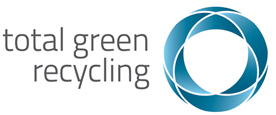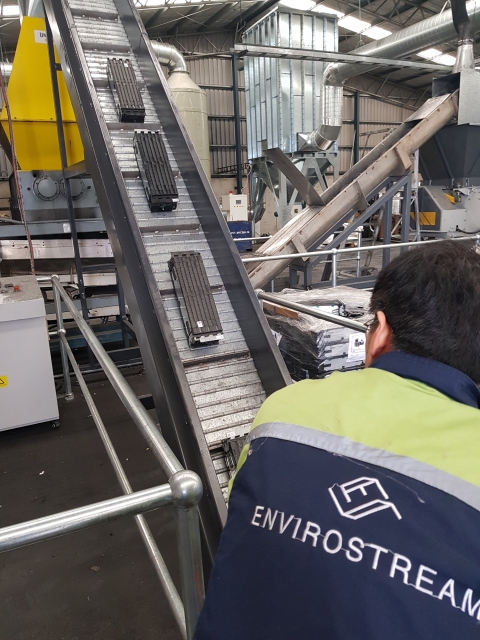People often ask us what happens to materials we recover from all the electronic waste we dismantle in our facility. Today we’re going to explain what happens to batteries we recover from all electronic items we receive.
While we don’t focus on collecting batteries, in the last 2 years we received over twenty (20) tonnes of batteries. From lead-acid car batteries to lithium-ion laptop batteries and everything in between. That’s about 250 beer kegs full of batteries.
These come to us inside of various equipment such as computers, laptops, mobile phones, torches, radios, the list goes on and on. We are equipped to deal with lead-acid car batteries too.
Once we collect enough to make it worthwhile, we pile them up and send them to the team at Envirostream in Victoria for further processing.
Envirostream is an Australian-owned, enclosed battery processing facility equipped to recover the resources from batteries. They can recover more than 95% of the resources from end-of-life batteries. Things like steel, copper, aluminium and a mixed metal compound.
They then send those resources to metal and battery manufacturers, where they can be used as raw materials in new batteries.
The result: a truly circular economy. Right here in Australia.
Total Green Recycling is an associate participant of the Future Battery Industries Cooperative Research Centre (FBICRC) and has been involved in this collaborative project for the past 18 months.
Read our article The (b)right future of batteries in WA if you’d like to learn more.


